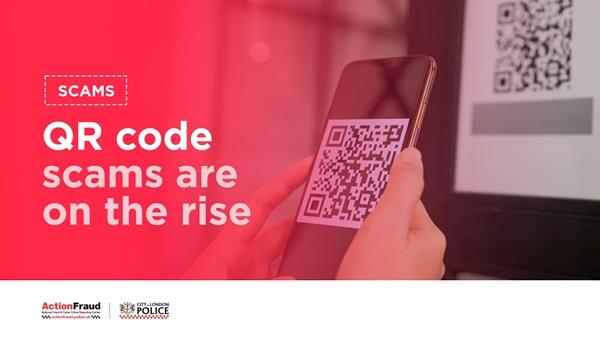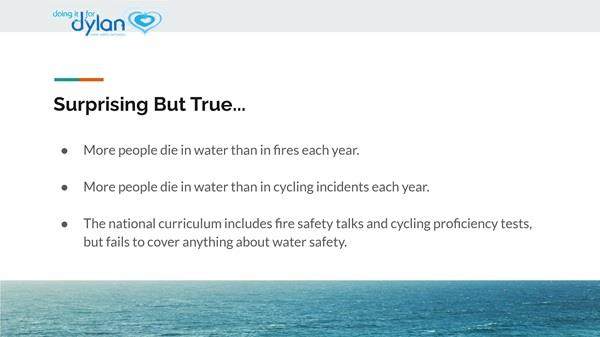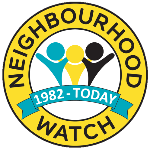
|
||||||
|
|
||||||
|
||||||
|
Bolton Neighbourhood Watch News - June 2025 |
||||||
A new alert has been issued by Action Fraud, warning about quishing, a form of phishing where a fraudulent QR code is scanned, designed to steal personal and financial information. The warning encourages people to stay vigilant and double check QR codes to see if they are malicious, or have been tampered with, before scanning them online or in public spaces. Claire Webb, Acting Director of Action Fraud, said: “QR codes are becoming increasingly common in everyday life, whether it’s scanning one to pay for parking, or receiving an email asking to verify an online account. However, reporting shows cyber criminals are increasingly using quishing as a way to trick the public out of their personal and financial information. “We’re urging people to stop and check before scanning QR codes, to avoid becoming a victim of quishing. Look out for QR codes that may have been tampered with in open spaces, or emails and texts that might include rogue codes. If you’re in doubt, contact the organisation directly. You can follow our advice on quishing, on our website at www.actionfraud.police.uk to help protect yourself.” Action Fraud can reveal that quishing happens most frequently in car parks, with criminals using stickers to tamper with QR codes on parking machines. Quishing also occurred on online shopping platforms, where sellers received a QR code via email to either verify accounts or to receive payment for sold items. Reports also showed phishing attacks were taking place impersonating HMRC, or other UK government schemes, targeting people with QR codes designed to steal personal and financial details. What can you do avoid being a victim of quishing? If you receive a suspicious email, report it by forwarding it to phishing@report.gov.uk If you receive a suspicious call or SMS message, report it by forwarding it to 7726 Find out how to protect yourself from fraud: https://stopthinkfraud.campaign.gov.uk If you’ve been a victim of fraud, report it at www.actionfraud.police.uk or by calling 0300 123 2040.
Burglaries often increase during the Spring and Summer months, when burglars take advantage of people leaving doors and windows open during the warmer weather. However, crime prevention doesn’t have to cost a lot of money – taking simple measures such as locking your doors and windows, putting valuables out of view and using a burglar alarm, can significantly reduce your chances of being a victim. Here are some simple steps everyone can take to improve their home security: Lock your doors behind you, even if you're just out in the garden. Don't leave attractive items such as bags, laptops and cash inside the door when you've got home. Always close and lock windows when you're not in the room. Keep your keys out of view and not in reach of the letterbox or a cat flap. Don't leave laptops / tablets or their power cables / chargers on show. Use your burglar alarm if you have one. Keep garden tools and ladders locked away and secure when not in use. Make sure all your expensive garden furniture/children's bikes and toys are safely stored away out of sight after use. Cancel the milk and newspapers when you go on holiday and find a trusted neighbour, friend or relative to move your post and open and close blinds and curtains. Use timer switches so that your lights come on if you’re not at home. 
If you are already registered on Neighbourhood Alert (Neighbourhood Watch/Bee In The Loop messaging service) just select The Police and Neighbourhood Watch as INFORMATION PROVIDERS from your account screen https://members.ourwatchmember.org.uk. When Neighbourhood Watch is selected, you should be able to see your local scheme or create a scheme (subject to NWN approval) in your community by clicking the NEIGHBOURHOOD WATCH TOOLS menu.
| ||||||
Reply to this message | ||||||
|
|










